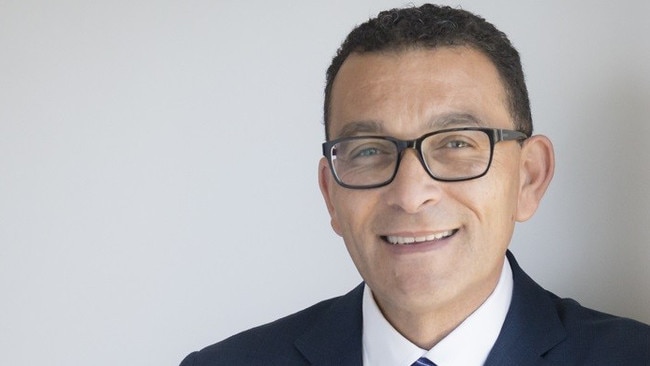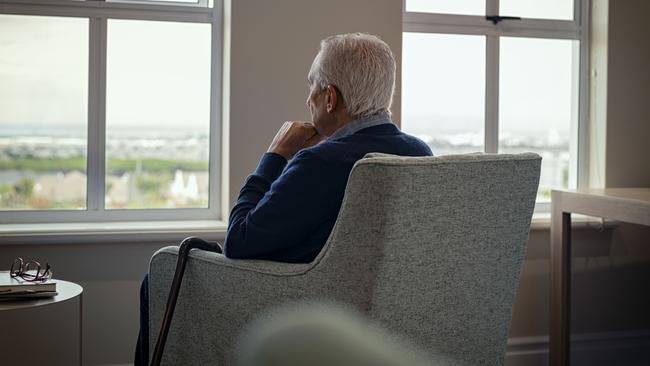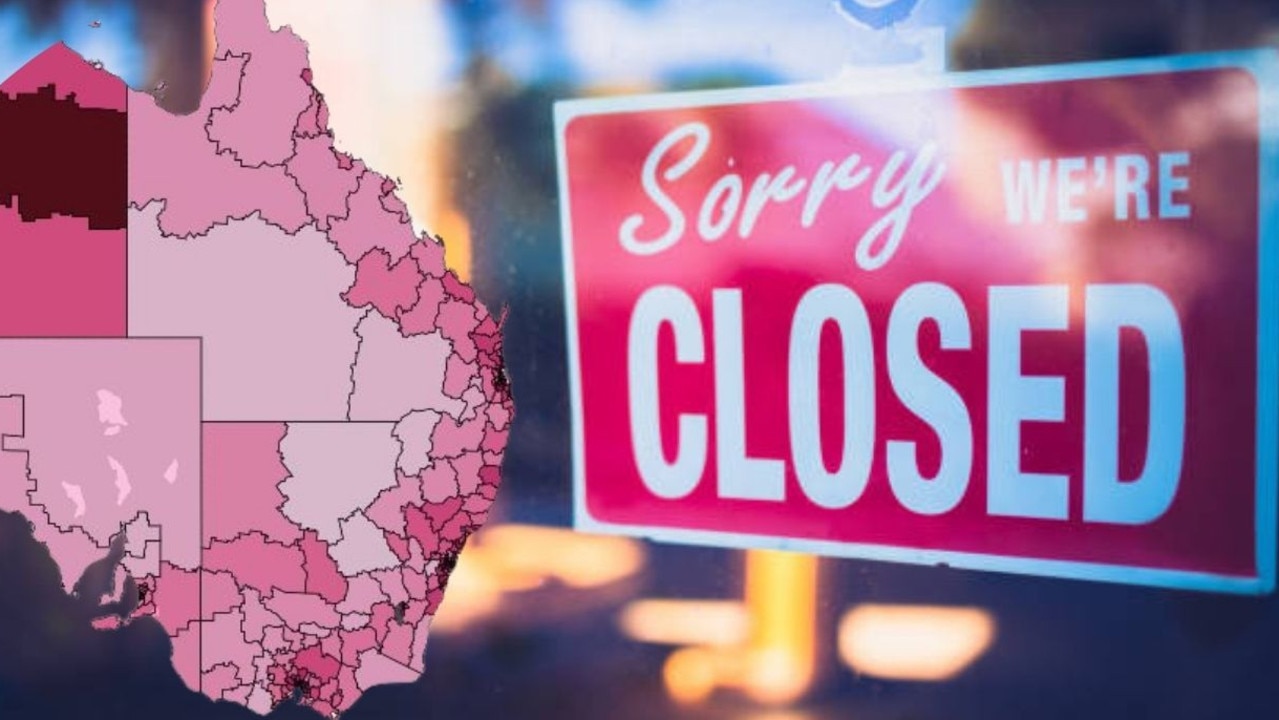Bupa chief’s solution to fix the aged-care system: let the wealthy to pay more
The rich should be able to pay a greater share of their aged-care bill after selling “multimillion-dollar homes” to fix a broken system, says outgoing Bupa Asia Pacific boss Hisham El-Ansary.

Wealthy Australians should pay a greater share of the aged-care bill after selling their “multimillion-dollar homes” to give those who look after them a much-needed pay rise and fix a broken system, says outgoing Bupa Asia Pacific boss Hisham El-Ansary.
Aged care workers are still not being paid enough, despite the Fair Work Commission approving a 15 per cent pay rise late last year, he added. Mr Mr El-Ansary , who leaves Bupa in March, said this correlated directly to the care provided to Australia’s elderly.
Three years after the Aged Care Royal Commission, 22 nursing homes received a one-star rating out of five on the federal government’s new aged-care website. Of those, Bupa owned four – at Clemton Park and Waratah in NSW, Bairnsdale in Victoria and Woodville in Adelaide.
Mr El-Ansary has said previously that Bupa had “lost its way” following the stories of abuse and neglect which were revealed during the royal commission.
While Bupa has been working to restore community confidence in its aged-care services since the inquiry, the company said more work needed to be done.
And Mr El-Ansary said the community’s attitude towards aged-care workers needed to change to ensure a complete reformation of the sector.

“In order to get the best care, you need to ensure that you’ve got an adequate workforce of well-trained people who are remunerated appropriately,” he said. “It’s great to see the FWC’s recent decision on the 15 per cent increase but there’s more to go.
“When you have a dynamic where you can earn more stacking the shelves in your local supermarket than looking after elderly loved ones, then it does raise questions about the priorities at a community and society level.
“Looking after elderly people is not an easy task and we should thank those who decide to commit their lives to that task, because we are very quick to point out when things go wrong.
“But there isn’t that recognition that it is actually a noble endeavour for people to dedicate their lives to elderly citizens.”
The solution is not as simple as Bupa paying its staff more.
Currently, aged-care charges are capped at $30,574.33 a year or $73,378.49 in a resident’s lifetime.
Mr El-Ansary believed if a wealthier resident could fund a greater share of their care, they should be able to.
He said if the federal government allowed this reform, it would help shore up the financial sustainability of the sector, lift wages and deliver better care.
“Right now, two thirds of the sector is losing money and whether you’re a profit or a not for profit, you can’t have a situation where your expenditures are greater than your revenues,” he said.
“The question we’ve got to ask ourselves is, is that reasonable for those who are selling multimillion-dollar homes, for example, and the maximum they can contribute towards their care is $73,000 in their lifetime.
“To me, that’s a big policy question and a question we need to have as Australians to be able to openly debate the role of government, the role of individuals. And it’s not uncommon when you look at aged care in other countries around the world.”

Bupa cut losses in its Australian aged-care division from $66m to $16m on flat revenue of $644m in 2021. Overall, the Asia Pacific business, the lion’s share of which is health insurance services, soared 69 per cent to $407m on $10.1bn of revenue, a result Mr El-Ansary wasn’t rapt with. “On $10bn in revenue, to earn $400m is 4c in the dollar. I wouldn’t be singing from the rooftops,” he told The Australian in March when he presented the earnings.
With regard to its health insurance business, which generated $7.1bn revenue and a 79 per cent leap in profit to $449m, Mr El-Ansary also wants further reform.
In particular, he wants health insurers to be more involved in the healthcare system and fund services that appeal to younger members. He warned that the sugar hit in participation the industry scored during the Covid-19 pandemic would not last.
“The private health insurance act was established in the mid 1970s and that was an era where people got sick, went to hospital and life expectancy was a lot less than what it is now,” he said.
“The world we are living in now is much more characterised by chronic disease, people living 20-30 years with cancer, with heart disease. Yet our ability to operate across the whole system remains quite constrained.
“We largely fund people going into hospital. Whereas, what people actually want is the whole spectrum. So if you’ve got diabetes, you want to interact with multiple clinicians across the whole health system but our ability to help support that is limited; I think that is a big opportunity.”
Bupa is yet to name a successor for Mr El-Ansary, who joined the company in 2008 as chief financial officer and became chief executive in 2019. While he said the company had got “good bench strength” and it had promoted several employees to key executive roles recently, he said Bupa needed to test the market.
“It’s a question obviously for the board and global chief executive. I would imagine that they need to be thinking about this next three-year plan and what are the skills that are required to help the organisation deliver against that ambition … it’s the largest part of the global business, it’s larger than the UK – we’re almost 50 per cent of global profits.”
As for his next move, Mr El-Ansary, who was chief financial officer at Myer and Airservices Australia among other roles before joining Bupa, was keeping his options open.
“Healthcare is a fascinating industry. It’s a growth industry. It’s one that is central to our lives and I’d like to think in the 15 years that I’ve learned a thing or two,” he said. “But I found aviation fascinating, I found retail fascinating. There are lots of interesting industries out there and I think it’s more about what contribution I can make and the value of bringing the experiences I’ve had to bear in some relevant way.”



